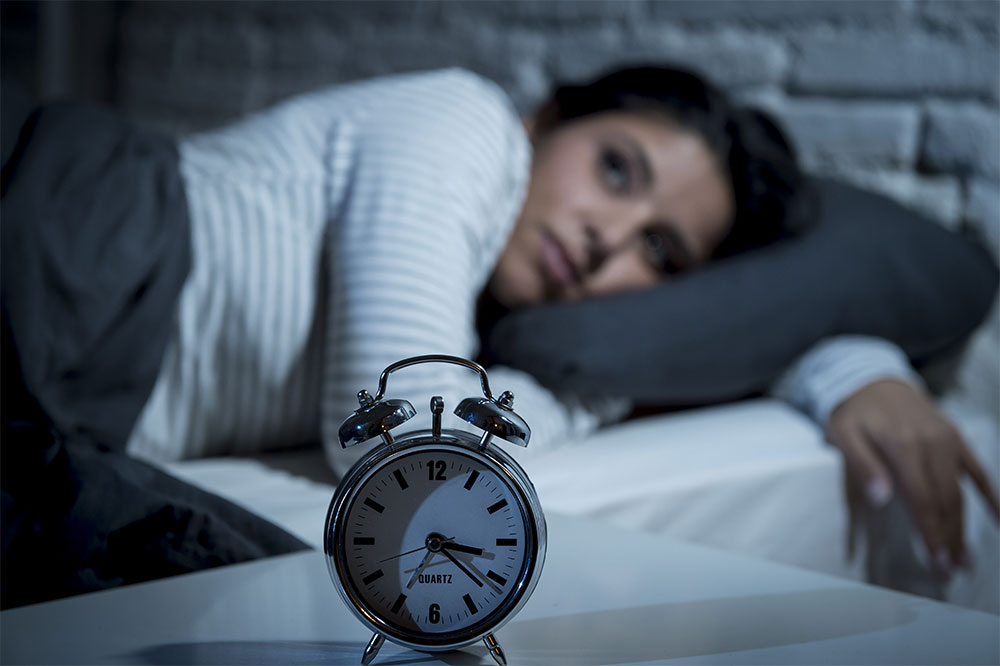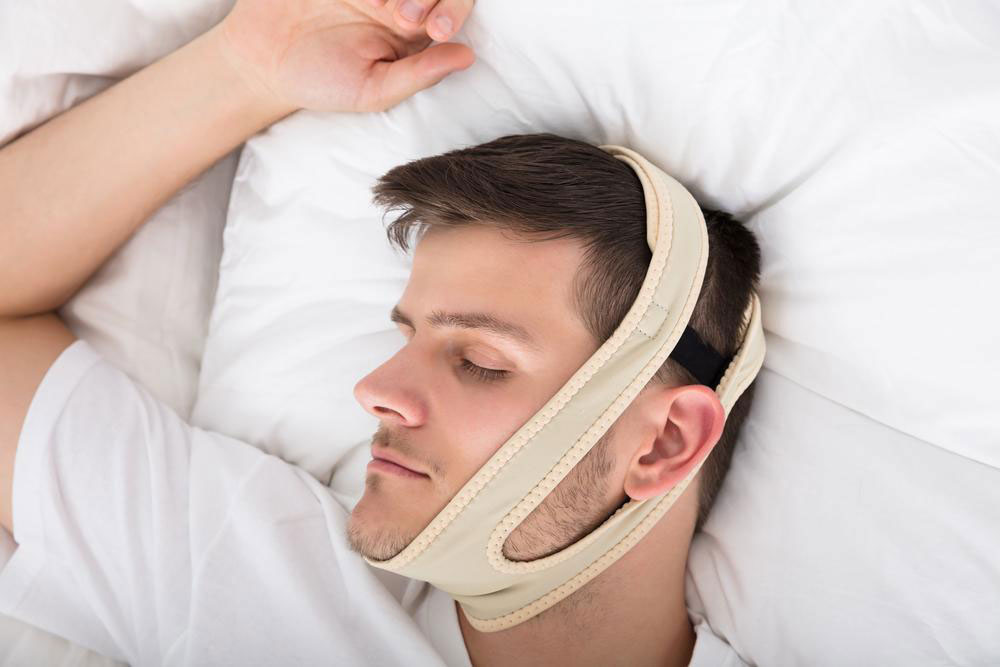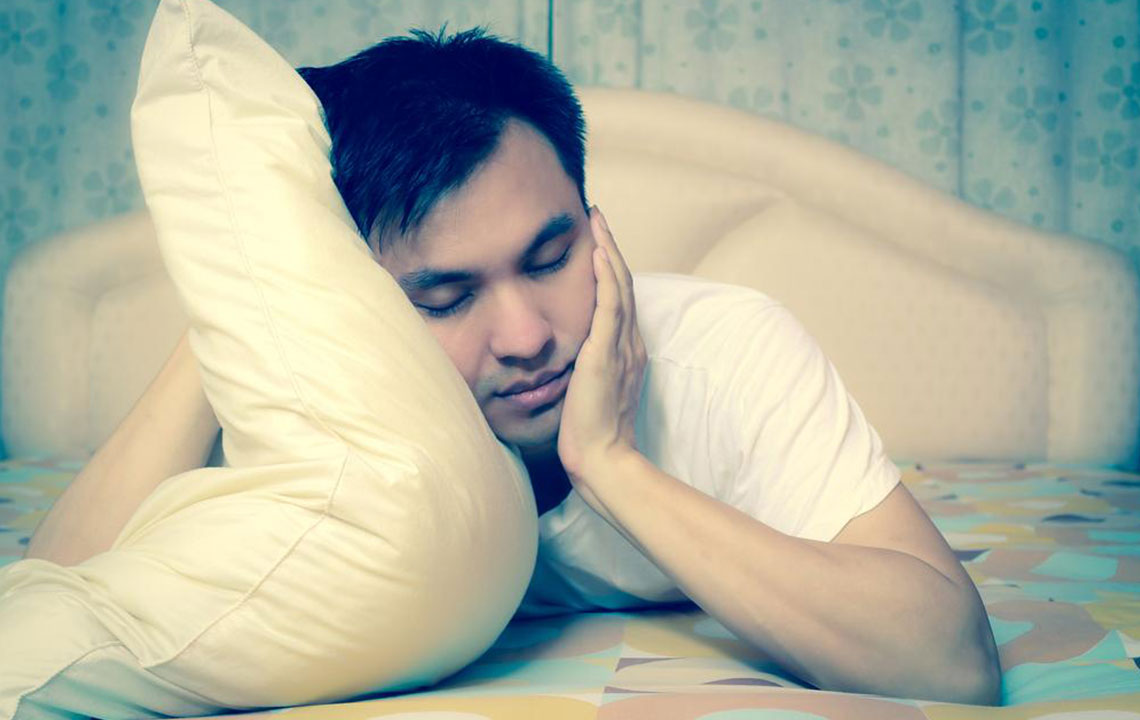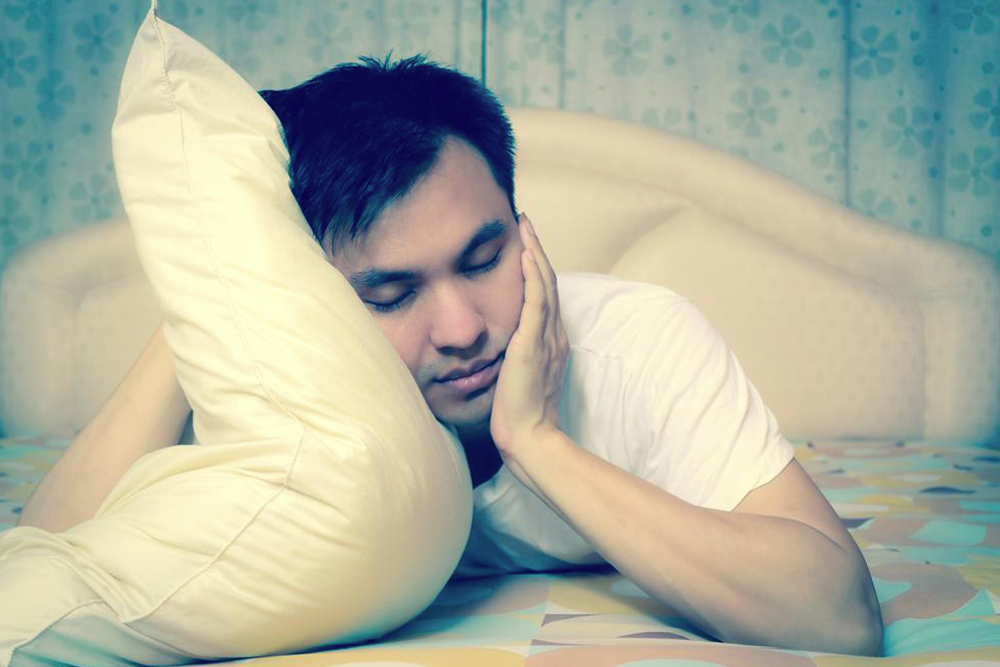Comprehensive Guide to Managing Chronic Daytime Drowsiness and Improving Alertness
This comprehensive guide explores the causes of persistent daytime sleepiness, from health conditions to lifestyle habits, and offers effective strategies to improve alertness. Recognizing and addressing these factors can enhance quality of life, safety, and overall well-being. Learn how to implement lifestyle modifications, seek medical interventions, and create an optimal sleep environment to combat chronic fatigue and regain energy during the day.
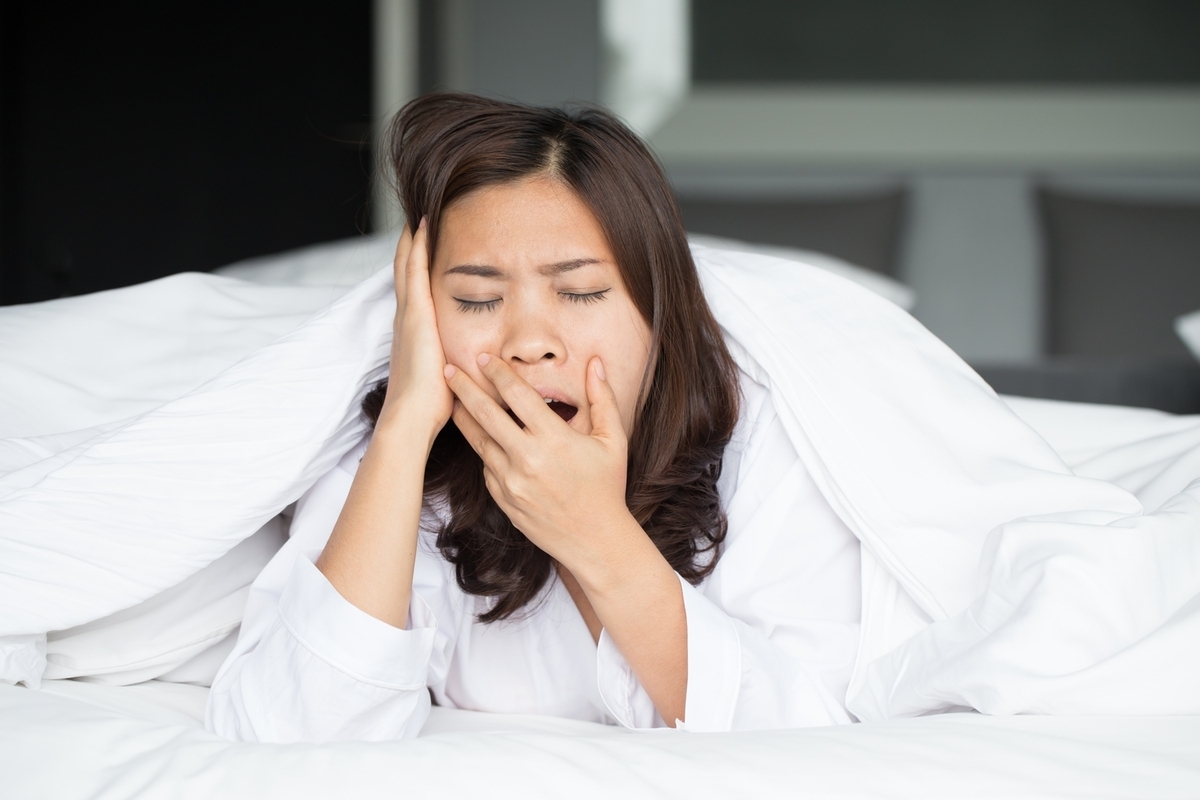
Comprehensive Guide to Managing Chronic Daytime Drowsiness and Improving Alertness
Persistent daytime sleepiness is a common yet often overlooked issue affecting millions of individuals worldwide. Despite adequate sleep during nighttime hours, many still find themselves battling overwhelming tiredness throughout the day. This ongoing drowsiness can significantly impair daily functioning, reduce productivity, and diminish overall quality of life. Understanding the root causes of persistent sleepiness is essential for effective management. This comprehensive article explores the various health, psychological, and lifestyle factors contributing to daytime drowsiness, along with practical strategies to combat it and enhance alertness.
What Exactly Is Chronic Daytime Sleepiness?
Chronic daytime sleepiness is characterized by an ongoing feeling of fatigue and sleepiness that persists despite regular sleep habits. It is more than just occasional tiredness and often indicates deeper underlying issues. Recognizing this condition early is crucial because it can affect safety, cognitive function, mood, and overall health. Importantly, daytime sleepiness is a symptom, not a standalone disorder. It often points to a complex interplay of medical, psychological, and lifestyle factors that require careful evaluation and targeted interventions.
Beyond simple fatigue, persistent sleepiness can lead to a higher risk of accidents, reduced cognitive performance, and emotional disturbances. Recognizing the critical importance of this condition can motivate individuals to seek appropriate solutions and improve their quality of life.
Key Health Conditions Associated with Persistent Daytime Sleepiness
Understanding the medical conditions linked to daytime sleepiness is vital in diagnosis and treatment planning. Several sleep-related and systemic health issues contribute prominently to this problem, and addressing these underlying conditions is often the first step towards relief.
Sleep-Related Disorders That Cause Daytime Drowsiness
Obstructive Sleep Apnea (OSA): One of the most common causes of daytime fatigue, sleep apnea involves partial or complete blockage of the airway during sleep. This results in fragmented, poor-quality sleep, leading to excessive daytime sleepiness. People with OSA often snore loudly and wake up feeling unrefreshed, despite long hours of sleep.
Narcolepsy: A neurological disorder characterized by sudden, uncontrollable episodes of sleep during the day. It is often accompanied by muscle weakness (cataplexy) and other REM sleep abnormalities, severely impacting daily activities.
Restless Legs Syndrome (RLS) and Periodic Limb Movement Disorder (PLMD): Conditions where involuntary leg movements during sleep disturb rest periods, preventing restorative sleep and causing persistent daytime fatigue.
Psychological Factors That Contribute to Daytime Sleepiness
Depression and Anxiety: Mood disorders significantly influence sleep quality. Depression can cause hypersomnia (excessive sleep), whereas anxiety often leads to fragmented sleep, both resulting in persistent tiredness during the day.
Bipolar Disorder: During mood episodes, irregular sleep patterns are common. This disruption can lead to profound fatigue and sleepiness that lasts well beyond episodes of mania or depression.
Chronic Physical Health Issues Linked to Excessive Sleepiness
Chronic Fatigue Syndrome (CFS): A complex disorder characterized by severe, unexplained fatigue that isn’t alleviated by rest, often combined with sleep disturbances and cognitive issues.
Hypothyroidism: An underactive thyroid slows down metabolic processes, leading to sluggishness, weight gain, and significant daytime drowsiness.
Diabetes and Blood Sugar Fluctuations: Unstable blood glucose levels can cause fatigue, weakness, and disrupt sleep patterns, fostering a cycle of exhaustion.
Lifestyle and Environmental Contributors to Daytime Sleepiness
In addition to medical conditions, daily habits and environmental factors are major contributors to persistent daytime sleepiness. Recognizing and modifying these habits can dramatically improve wakefulness and energy levels.
Poor Sleep Hygiene and Routine Disruptions
Irregular Sleep Schedule: Varying sleep and wake times disturb the circadian rhythm, making it difficult for the body to regulate sleep efficiently and leading to persistent tiredness.
Unsuitable Sleep Environment: Excessive noise, light pollution, uncomfortable bedding, or room temperature fluctuations hinder quality sleep and exacerbate daytime fatigue.
Excessive Screen Exposure Before Bed: Blue light emitted by smartphones, tablets, and computers suppresses melatonin production, delaying sleep onset and reducing overall sleep quality.
Substance Use and Its Impact on Sleep
Caffeine and Alcohol: While caffeine may temporarily boost alertness, excessive consumption, especially late in the day, interferes with sleep initiation and depth. Alcohol, initially sedative, disrupts REM sleep, leading to restless sleep and next-day drowsiness.
Smoking: Nicotine is a stimulant that delays sleep onset and reduces sleep quality, contributing to fatigue the following day.
Effective Strategies to Combat Daytime Sleepiness
Addressing persistent sleepiness requires a combination of lifestyle adjustments, environmental modifications, and, when necessary, medical interventions. Implementing these strategies can lead to significant improvements in alertness and overall health.
Practical Lifestyle Changes to Enhance Wakefulness
Maintain Consistent Sleep Schedule: Going to bed and waking up at the same time each day stabilizes your internal clock, fostering better sleep quality and daytime alertness.
Create a Sleep-Friendly Environment: Ensure your bedroom is dark, quiet, and cool. Use blackout curtains, earplugs, or white noise machines if needed to minimize disturbances.
Limit Screen Time Before Bed: Reducing exposure to blue light at least an hour before sleep helps maintain natural melatonin levels, facilitating easier sleep onset.
Mind Your Intake of Caffeine and Alcohol: Limit consumption after early afternoon hours to prevent interference with sleep cycles.
Medical and Therapeutic Interventions
Use of Continuous Positive Airway Pressure (CPAP): For sleep apnea, CPAP devices keep the airway open during sleep, improving rest quality, reducing sleep disturbances, and alleviating daytime sleepiness.
Medications: Certain drugs prescribed by healthcare providers can help manage sleepiness, especially if related to neurological or mental health disorders.
Cognitive Behavioral Therapy for Insomnia (CBT-I): An evidence-based therapy that addresses negative sleep habits and thoughts, helping improve sleep quality and reduce fatigue.
Conclusion: Achieving Better Alertness Through Holistic Management
Persistent daytime sleepiness is a multifaceted issue involving health, psychological, and lifestyle factors. Recognizing the underlying causes and taking proactive steps can significantly reduce fatigue, improve cognitive function, and elevate overall well-being. Regular medical checkups, lifestyle modifications, and adopting good sleep hygiene are crucial components of an effective management plan. If sleepiness continues to affect your daily life despite these efforts, consulting a healthcare professional is essential for personalized treatment. A proactive and informed approach paves the way for increased vitality, productivity, and a healthier, more energized life.
